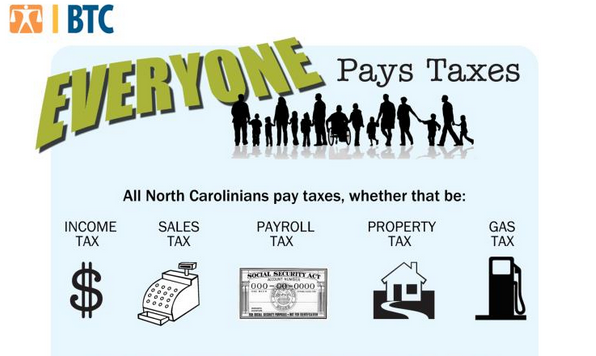Nobody earns without paying taxes – and that is true for all professions and people who have jobs, also nannies. Paying nanny taxes is a responsibility that the employer has to take care of.
This tax normally refers to the taxes that an employer withholds from the nanny's wages upon payment of her weekly or monthly remuneration. This tax is due to the tax department of the treasury and it is the employer's duty to see to it that is paid regularly.
No nanny should be employed without a proper contract. This contract should be signed by both parties – employer and nanny too – to ensure that both parties enjoy the rights under the country's employment acts. It should also stipulate what taxes will be payable in terms of the nanny's employment.
Paying nanny taxes is compulsory and failure to do so is punishable and can attract heavy fines. The employer has a duty to make sure records are kept of all deductions in terms of the nanny's salary, also for purposes of tax.
Before a nanny can be legally employed a contract is put in place. This contract is signed on the understanding that the nanny pays taxes like everybody else. To calculate the taxes that will have to be paid income tax must be added to the nanny's net pay to establish what her gross salary is if she is not employed on a gross salary basis. Therefore the employer must ensure a PAYE (Pay As You Earn) system is in place to manage the nanny's tax contributions.
To make sure that paying nanny taxes never becomes unmanageable, it is important to keep salary slips and let the nanny have a copy. PAYE will require this too. All administrative processes should be kept up to date in order for tax authorities to be satisfied that there are no taxes unpaid or outstanding where nannies are employed.
There are different tax categories for all employees in any country, also in countries that charge taxes on the income of nannies. In the UK, for instance, any nanny that is employed on a permanent basis for longer than two months is responsible for contributing to income tax since the signing of contracts become compulsory. And all contracts must contain a clause that species tax obligations with detail such as the tax rate, for example.
Not all nannies will pay the same tax. Depending on the nanny's salary, these figures will vary. Tax experts will be able to advise anyone who employs a nanny's services how these figures are arrived at and what category of tax payer their nanny would belong to.
Paying nanny taxes is a responsibility like all other employment responsibilities. Contracts mention working conditions and salaries – they should also contain references to the taxes payable by any employee – with reference to the collection of these taxes.
It is always best to allow a good contract lawyer take care of all documentation relating to the nanny's contract. In fact, let the lawyer – alternatively a good employment agency – draw it up, pay them for their services and reduce your stress. These agencies often employ the services of lawyers who have all the knowledge about tax and related issues.
It is any employer's responsibility to make sure that paying nanny taxes happens on the scheduled time that these taxes become payable. Failure to be on time will result in fines; it is therefore important to know when these dates are and to stick to the routine.
Because most households who employ nannies are not necessarily experienced in contractual law and the drawing up of contracts, the best advice one could give any prospective employer of a nanny would be to get in touch with firms who understand these issues and do this on a daily basis.
All employers should remember that apart from all contractual obligations they are responsible to ensure that paying nanny taxes receives the necessary attention.
About Us Parental Choice was set up in 2011 by senior finance and employment lawyer Sarah-Jane Butler to assist parents in their search for the perfect child-minding solutions. The company aims to help parents find the correct balance between their professional careers and their children’s childcare needs. Parental Choice covers a wide spectrum of services which include finding suitable nannies, au pairs, maternity nurses and child-minders. Parental Choice further assists parents with administrative issues when employing nannies and other child-care personnel, and we understand all aspects relating to contractual obligations for parents as well the nannies and child-minders they employ. This service extends beyond individual families and single parents and looks at ways for companies to get involved in assisting their employees who may need our service. For more information, please visit https://www.parentalchoice.co.uk/










